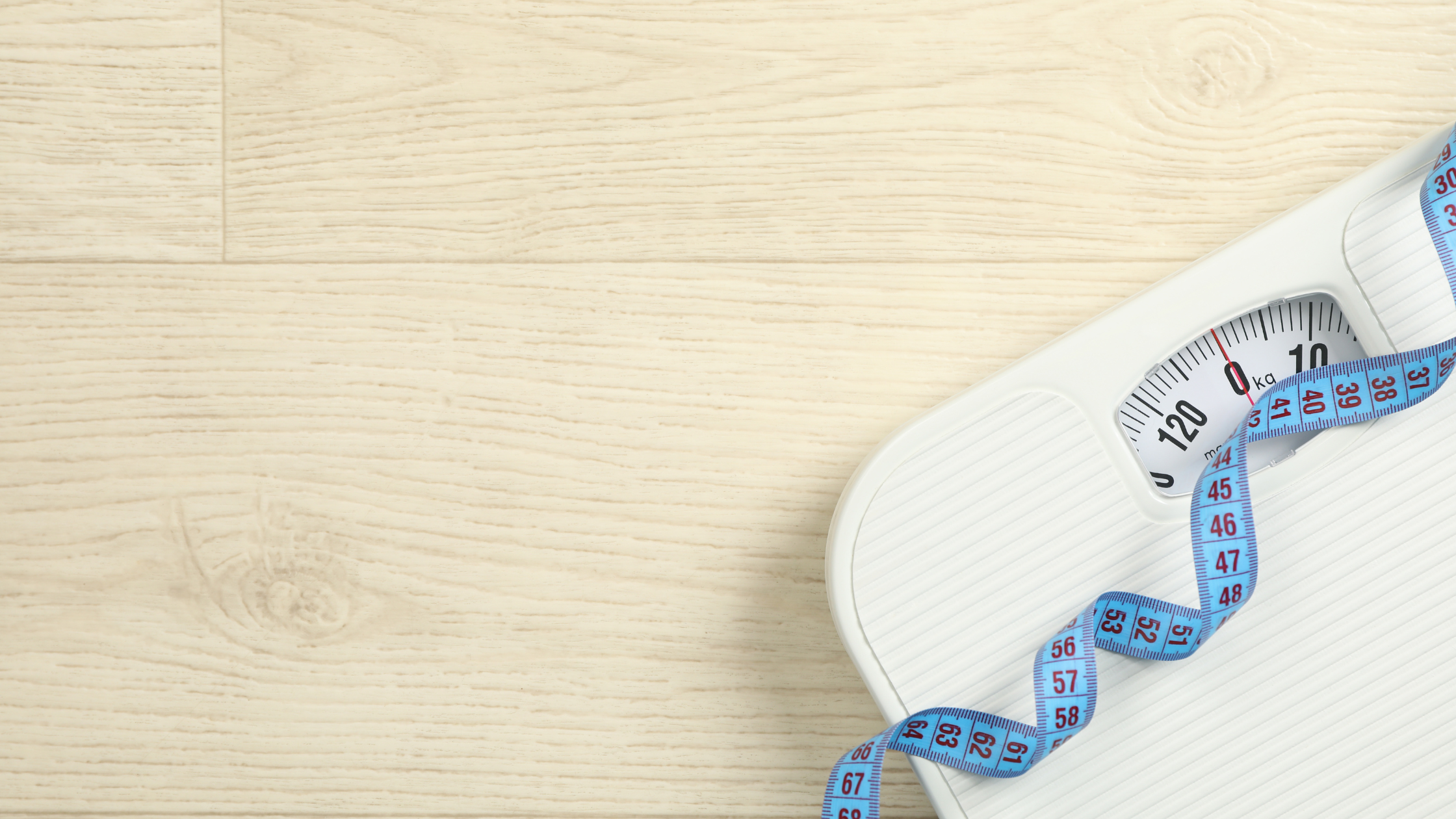The quest for effective weight loss methods often leads to uncharted territories. Among these, the concept of taking cold showers has sparked considerable interest and debate. This practice, rooted in both historical wellness rituals and modern scientific inquiry, is not just about enduring a spine-chilling splash but understanding its impact on our body's intricate systems. Here, we delve into the world of cold showers, examining their potential role in weight loss and providing you with a well-rounded perspective backed by science.
What are Cold Showers

Cold showers, as the name suggests, involve bathing in water at a significantly lower temperature than your body's average warmth - usually below 70°F (21°C). This practice, which falls under the broader spectrum of cold therapy, has been used for centuries in various cultures for its supposed health benefits. Today, it's gaining attention as a tool for weight management and overall well-being.
The Science Behind Cold Showers and Weight Loss

The intrigue around cold showers and weight loss primarily stems from their potential impact on thermogenesis and metabolism. Thermogenesis is the process of heat production in organisms. When exposed to cold temperatures, our body initiates thermogenesis to maintain a stable core temperature, which in turn could lead to increased calorie burn. This is particularly relevant to brown adipose tissue (BAT), a type of fat that activates in cold conditions and burns calories to generate heat.
Moreover, cold exposure is believed to enhance metabolic rate. A study published in the Journal of Clinical Endocrinology and Metabolism found that exposure to cold temperatures can increase metabolic rate by up to 15%, which theoretically aids in weight loss. Additionally, the shock of cold water can stimulate the sympathetic nervous system, releasing adrenaline and increasing heart rate, potentially contributing to further calorie burn.
Pros and Cons of Cold Showers for Weight Loss
Pros:
-
Enhanced Metabolism:
Cold showers can temporarily spike metabolic rate, aiding in calorie burn. -
Activation of Brown Fat:
Exposure to cold stimulates BAT, which plays a key role in thermogenesis. -
Improved Circulation:
The cold can enhance blood flow, potentially boosting overall health and fitness levels.
Cons:
-
Not a Standalone Solution:
While beneficial, cold showers should complement other weight loss methods like diet and exercise. -
Risk of Hypothermia:
Prolonged exposure to cold can be harmful, especially for those with pre-existing health conditions. -
Discomfort and Stress:
The shock of cold water can be physically and mentally challenging for some individuals.
How to Safely Incorporate Cold Showers into Your Routine
To safely integrate cold showers into your daily routine, consider the following tips:
-
Start Gradually:
Begin with lukewarm water, gradually decreasing the temperature over time. -
Limit Duration:
Initially, limit cold exposure to 1-2 minutes, gradually increasing as your body adapts. -
Listen to Your Body:
Pay attention to how your body responds. If you feel overly stressed or uncomfortable, adjust accordingly. -
Consult a Healthcare Provider:
Particularly if you have health concerns or conditions that may be affected by cold exposure.
Alternatives to Cold Showers for Weight Loss
While cold showers can be a part of your weight loss strategy, other natural methods also contribute effectively:
-
Regular Physical Exercise:
Consistent workouts are fundamental for burning calories and building muscle. -
Balanced Diet:
A nutritious diet is crucial for healthy weight management. -
Adequate Sleep:
Quality sleep is often overlooked but vital for weight loss and overall health.
Conclusion
Cold showers, with their intriguing blend of tradition and science, offer a potential avenue for aiding weight loss. They stimulate thermogenesis, enhance metabolism, and activate brown fat, contributing to calorie burn. However, they are not magic bullets and should be part of a holistic approach to weight management. As with any health practice, informed decisions and consultation with healthcare professionals are paramount. Remember, the journey to weight loss is as much about understanding your body as it is about adopting new practices.


Share:
Backyard into a Wellness Oasis: Creative Sauna Ideas
Does Sauna Help with Headaches